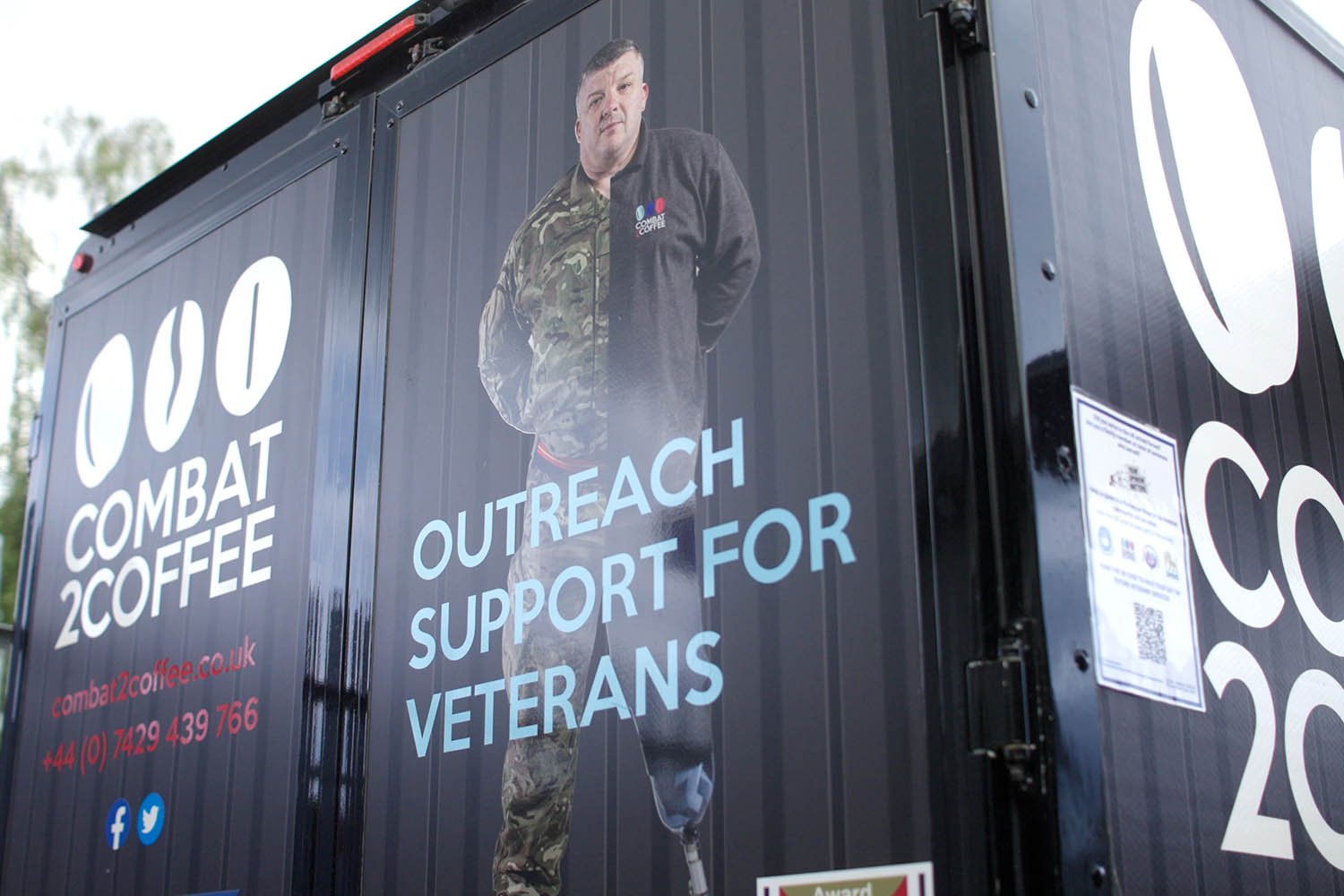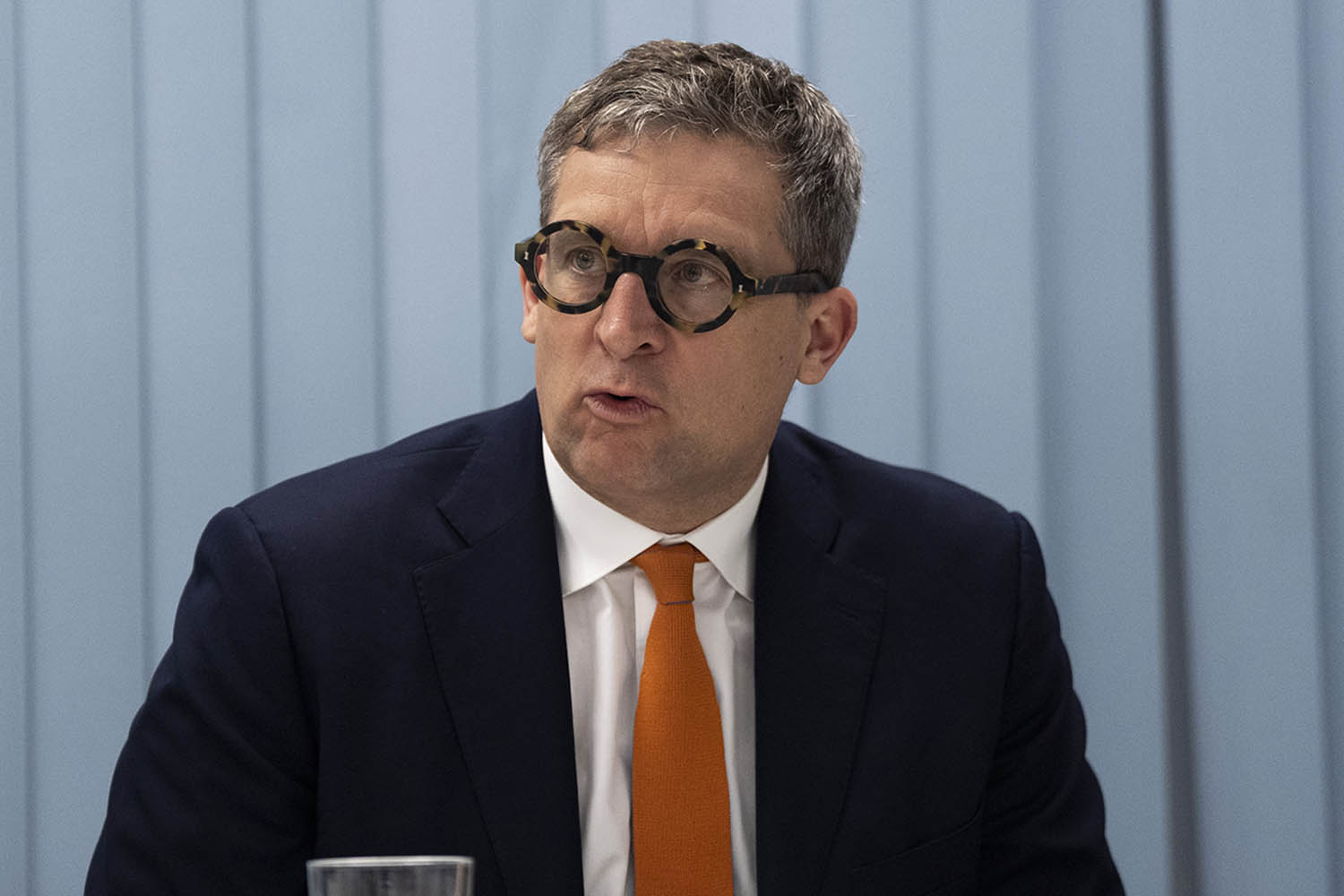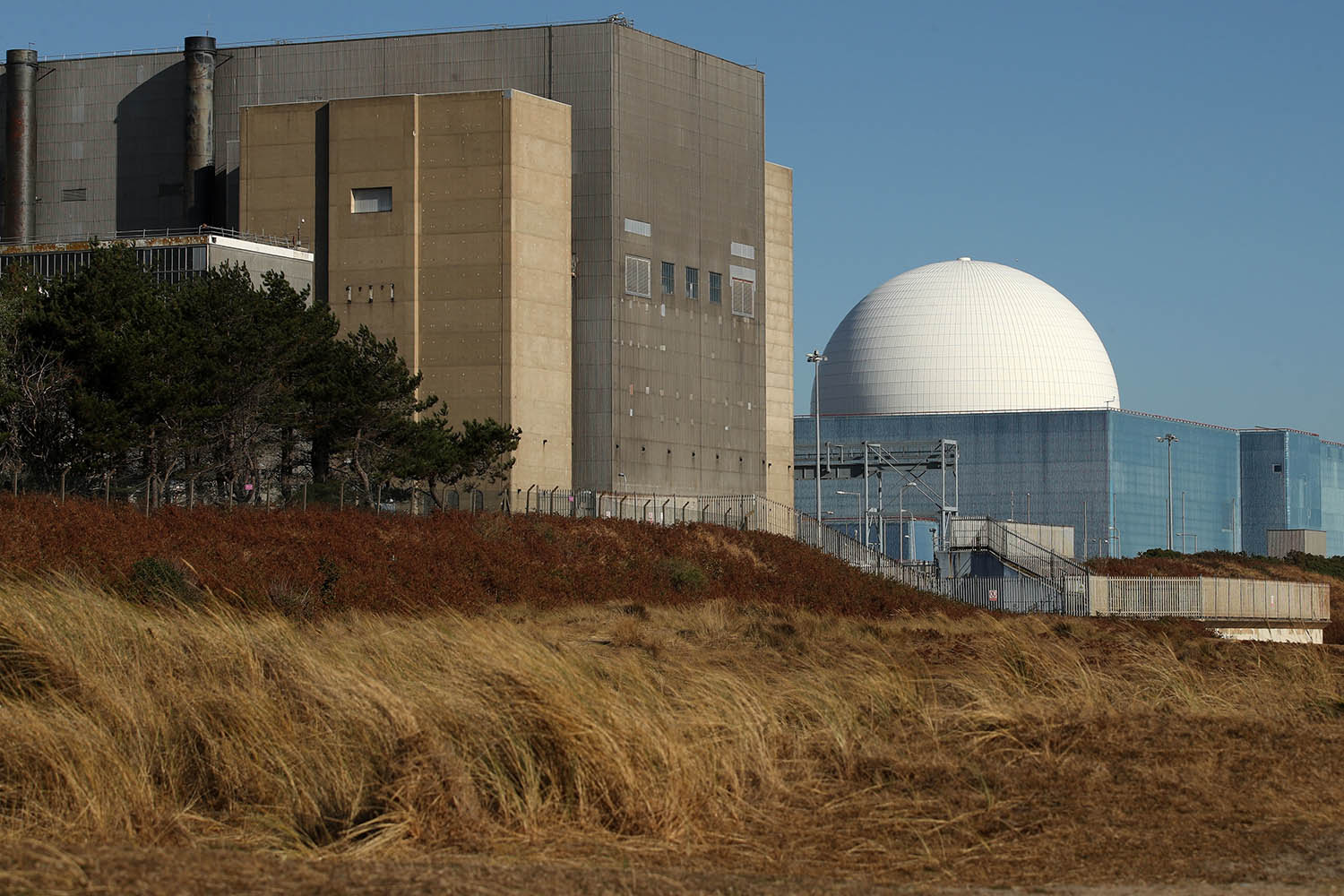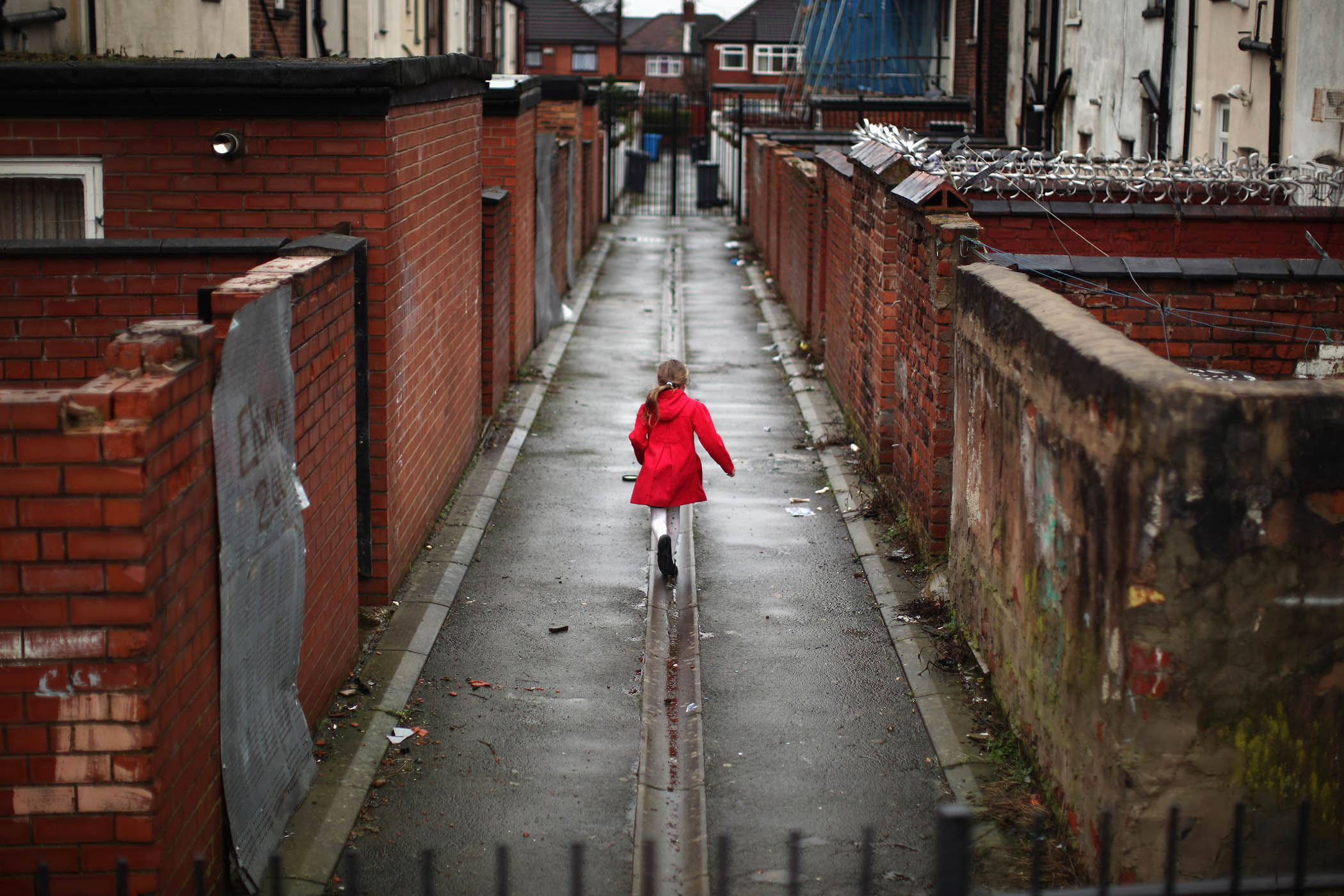Hundreds of ex-offenders will be hired to work on the construction of the Sizewell C nuclear power station as part of a drive to generate broader social and economic benefits from big public infrastructure projects.
Sizewell C, which was given the final go-ahead last month, is already working with local prisons in Suffolk to design training courses in welding, construction, engineering and hospitality that are aimed at equipping inmates with the skills needed to work on the plant.
Some prisoners will be allowed out of jail on day release during their time in custody to do shifts at Sizewell C. Others will be taken on permanently as paid employees when they come to the end of their sentence.
Julia Pyke, joint managing director of Sizewell C, said those running major public construction programmes had a moral and economic responsibility to hire ex-offenders. “I believe that these national endeavours, which are funded by the consumer or taxpayer, have a duty to take account of the societal impact around them,” she said. “I personally feel people should have a second chance – and there is also a national shortage of people in the workforce. Here’s a source of people. If it’s done appropriately, it can be a win-win for the project, the taxpayer and society.”
She said the programme would be carefully managed, with risk assessed jointly with the prison service. “Everybody who comes to work on the site is vetted. We’ll make sure the role that is being fulfilled is appropriate, taking into account the history of the individual. We might not have an arsonist on welding. We wouldn’t have a terrorist through the gates.”
Hiring ex-offenders also made commercial sense, she added, because many turned out to be highly committed and dependable employees.
“It’s only human that people who have been offered a second chance are likely to be particularly loyal to the organisation offering them a second chance.” Ex-offenders were “far too often” written off, she said, “despite having valuable skills and the potential to make a meaningful contribution to society. With the right support, many are more than capable of building a stable, secure life through work.”
The aim is for Sizewell C to recruit about 200 ex-offenders to work on the construction phase, with more jobs offered to prisoners once the power station is up and running.
Related articles:
Contractors working on the project are also being encouraged to hire ex-offenders. The coffee at the site is being provided by a charity called Combat 2 Coffee, which employs army veterans and former prisoners.

Refreshments at the Sizewell C site will be provided by Combat 2 Coffee, a charity that employs army veterans and ex-offenders
Inmates from HMP Hollesley Bay, an open prison, are making a piece of “welding art”, which will stand outside the gates of Sizewell C. Educational programmes are being developed in collaboration with Norwich, Highpoint and Warren Hill prisons.
Newsletters
Choose the newsletters you want to receive
View more
For information about how The Observer protects your data, read our Privacy Policy
Pyke said the initiative would save money for the taxpayer by reducing reoffending. “Ex-prisoners are coming out of prison into the population, so it’s much better to find routes to productive life than unproductive life,” she said.
According to the Ministry of Justice, 80% of all crime is reoffending. Offenders who find work within six weeks of leaving prison are around half as likely to reoffend as those who remain unemployed.
However, the latest figures, published last week, showed that only a fifth of offenders had a job six weeks after leaving custody.
When James Timpson, the prisons minister, was running his family’s key cutting and shoe repair business, he made a point of hiring former offenders. “I get a huge amount of satisfaction from seeing someone turn their life around,” he explained. “For me, that beats making money.”
Now, as a member of the government, he is determined to ensure other employers do the same. Earlier this year, he announced the creation of a new network of regional Employment Councils, bringing together local businesses, the probation service and the Department for Work and Pensions to help get offenders into work.
Companies including Iceland, Greene King, Gregg’s, Pret a Manger, Marks and Spencer and the Virgin Group all actively support what is described as “second chance hiring”. The entrepreneur Sir Richard Branson has described ex-offenders as “the most loyal, most dedicated employees” because they are so grateful for a job. “It’s good for the business and at the same time it’s the right thing to do,” he said. “Many of the people in prison have enormous entrepreneurial potential. There’s a huge pool of talent that’s being wasted.”
Sizewell C is also working with the Department for Work and Pensions to hire about 1,000 people from the long-term unemployed population.
“We fund somebody to go and sit in a cafe in Lowestoft once a week to talk to people who might want to come off welfare,” Pyke said. “We are creating some one-day-a-week jobs to give people the opportunity to dip their toe into the world of work.”
The government gave the final approval for the £38bn power plant last month. The Department for Energy Security and Net Zero said Sizewell C will supply clean power for the equivalent of six million homes, as well as support 10,000 jobs and create 1,500 apprenticeships, once it is operational in about ten years’ time.
The government will be the largest shareholder in the project, with a 44.9% stake. The plant will also be funded by the Canadian pension fund La Caisse, the French energy firm EDF, the UK energy firm Centrica and Amber Infrastructure.
The cost of construction has risen from the initial estimate of £20bn and some modelling suggests it could increase further.
However, the government says the new plant will be around 20% cheaper than the development of the Hinkley Point C nuclear power station in Somerset, which has seen costs spiral since it was approved in 2016.
Pyke said “not all costs are equal” when it comes to public infrastructure projects.
“If you are going to make a positive effort to employ people who are currently on welfare or who are coming out of prison, what’s the cost in comparison with the cost of an asset which doesn’t do that? It’s also a value proposition for the country,” she said.
“Generally for organisations which are funded by some version of the public purse, this is a good approach to making a better society and overall it will cost consumers less.”
Unlocking potential
When James Timpson, the prisons minister, was running his family’s key cutting and shoe repair business, he made a point of hiring former offenders. “I get a huge amount of satisfaction from seeing someone turn their life around,” he explained. “For me, that beats making money.”

James Timpson, the prisons minister
Now in government, he is determined to ensure other employers do the same. Earlier this year, he announced the creation of a new network of regional Employment Councils, bringing together local businesses, the probation service and the Department for Work and Pensions to help get offenders into work.
Companies including Iceland, Greene King, Greggs, Pret A Manger, Marks & Spencer and the Virgin Group all actively support “second-chance hiring”. Sir Richard Branson has described ex-offenders as “the most loyal, most dedicated employees” because they are so grateful for a job. “It’s good for the business and it’s the right thing to do,” he said. “Many of the people in prison have enormous entrepreneurial potential. There’s a huge pool of talent that’s being wasted.”
Photograph by Chris Radburn/PA, Getty Images



